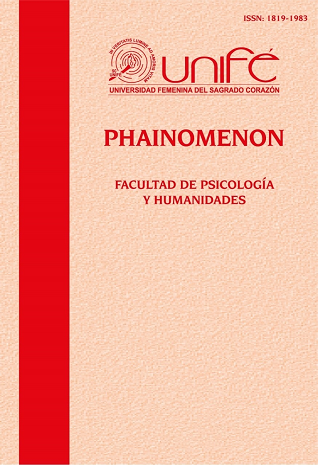The Excessive and Irremediable Humanity of Truth: Language and History in Nietzsche’s 1873-8 era
DOI:
https://doi.org/10.33539/phai.v17i2.1286Keywords:
Metaphor, history, truth, vitalityAbstract
In Nietzsche’s early works, the concatenation of the small essay On Truth and Lies in a Nonmoral Sense, his second Untimely Meditaion: On the Use and Abuse of History for Life and his book Human, all too Human, we can witness the sustained quickness in the evolution of the Nietzschean conception of truth as a metaphorical construct. Its validation rests on its practical dimension as life-affirming action and contemplation, and so, philosophy is declared as a labor of clarification of how living and thinking life are the same thing. Besides, this path of thought brings out the statement of our historical background as an essential item for our understanding of how we have come to be what we are… and of course, that previously mentioned historical background is a construct.






